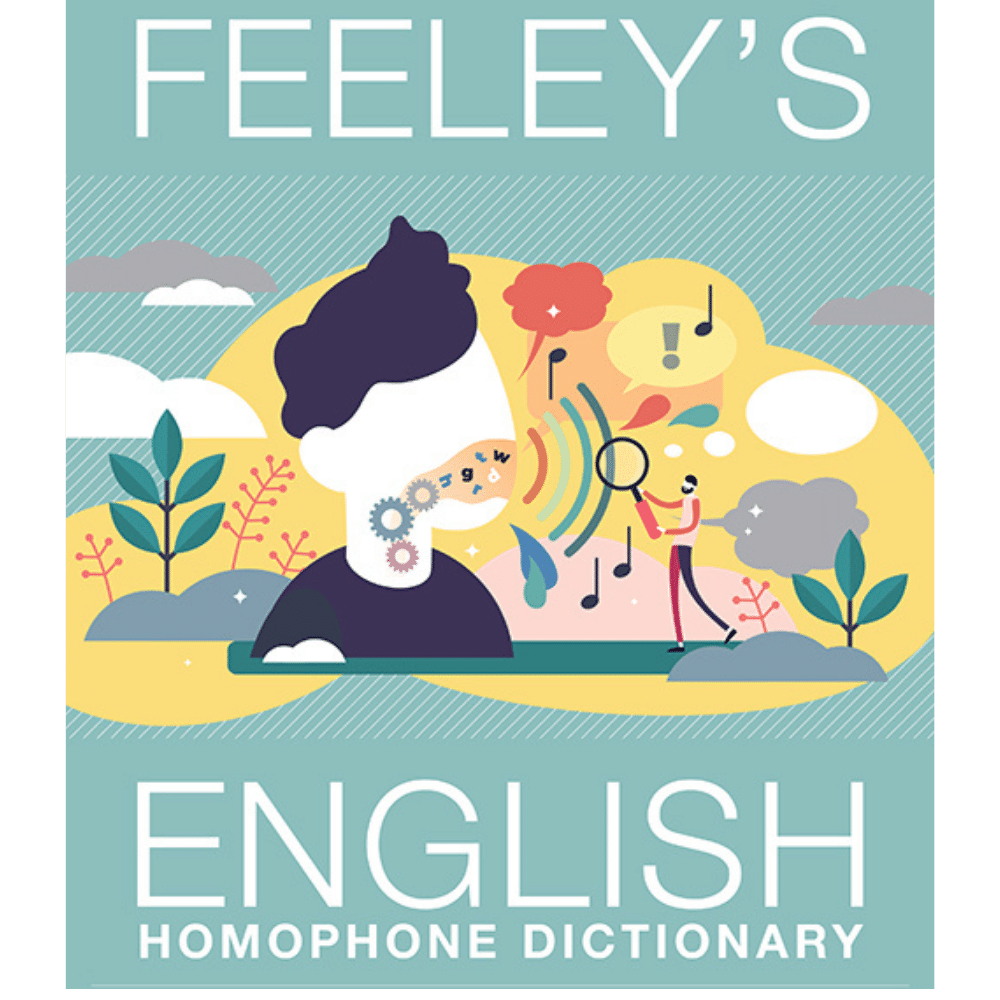Homophones for lai, lay, lea, lei, ley
lai / lay / lea / lei / ley [lei]
lai – n. – 1. a medieval type of short tale in French literature that is usually in octosyllabic verse and deals with subjects of Celtic origin often connected with Arthur or the Round Table; 2. a medieval type of lyric poem revived in the 17th century and composed in unsymmetrical couplets each sung to its own melody
lay – adj., n. & v. – adj. – 1. non-clergy; 2. uninstructed; 3. non-professional; 4. secular; n. – 1. a small lake or pool; 2. a hireling; 3. a religious law; 4. a short lyrical poem; 5. strain, tune; 5. a type of pewter; 6. a wager, bet, stake; 7. a liar, a lodging; 8. a stratum esp. of masonry; 9. assessment, rate, tax; 10. position or direction in something is placed; 11. the batten of a loom; v. – 1. to place on a surface, especially horizontally in a position of rest; 2. prostrate; 3. bring low, overthrow; 4. subside, appease; 5. reduce, smooth down; 6. deposit; 7. mix or alloy; 8. sexual intercourse
lea – n. – 1. grassland, pasture; 2. arable land sown to grasses or clover for hay or grazing and usually plowed and planted with other crops after two or more years
lei – n. – a wreath, garland, or necklace of flowers, leaves, shells, or other materials that is a symbol of affection in Polynesia
ley – n. – British a field temporarily under grass
